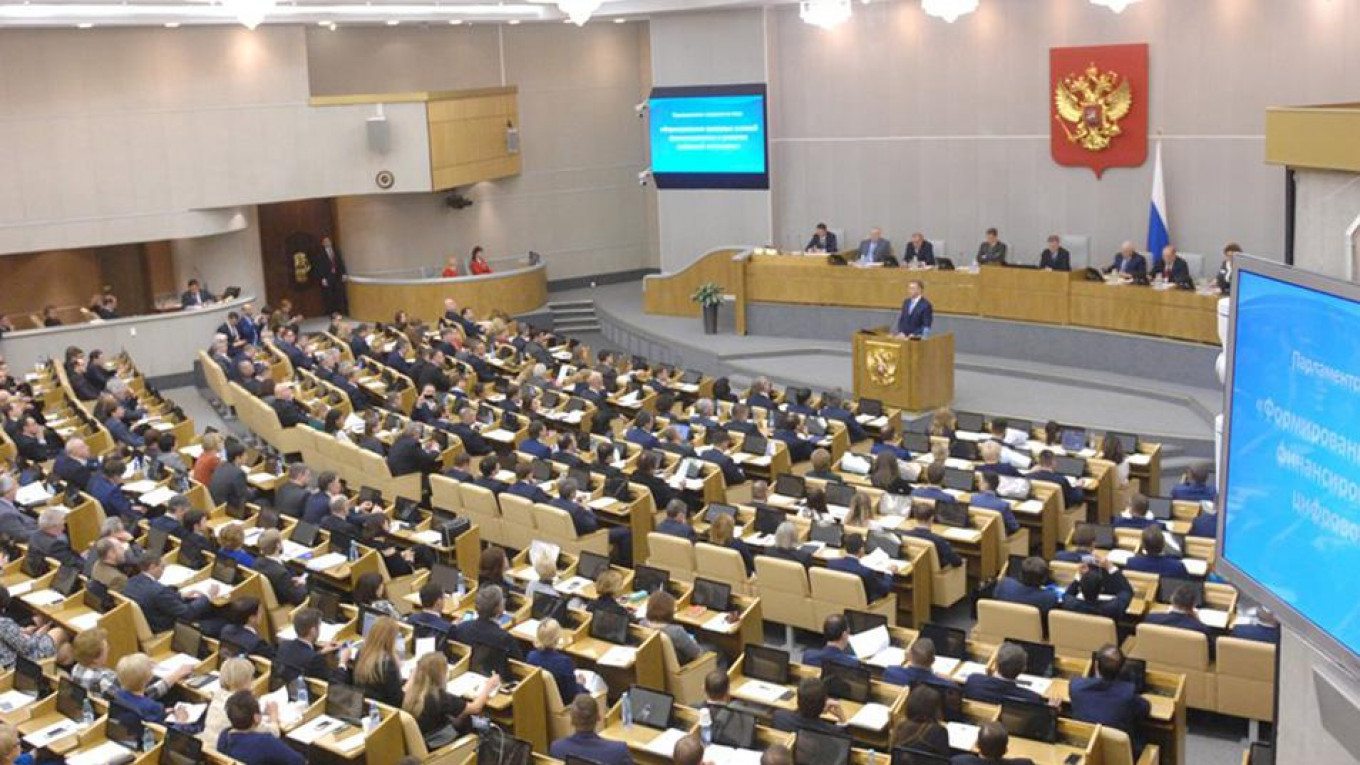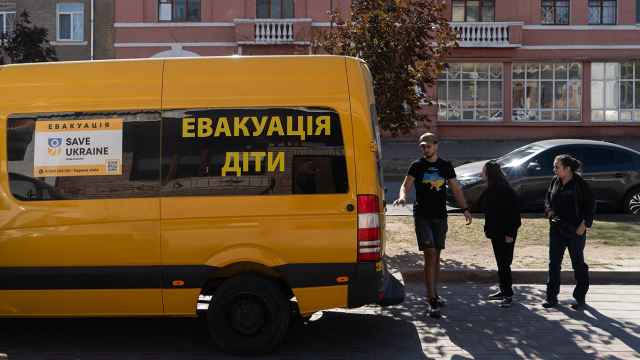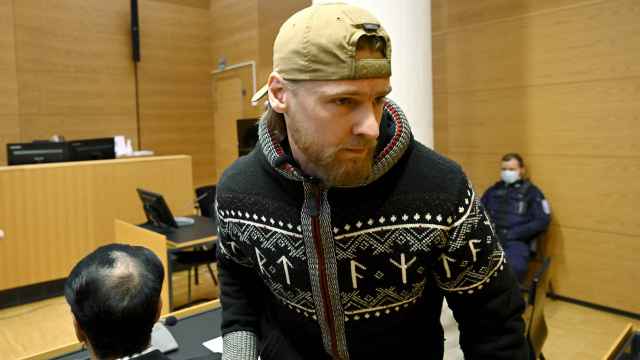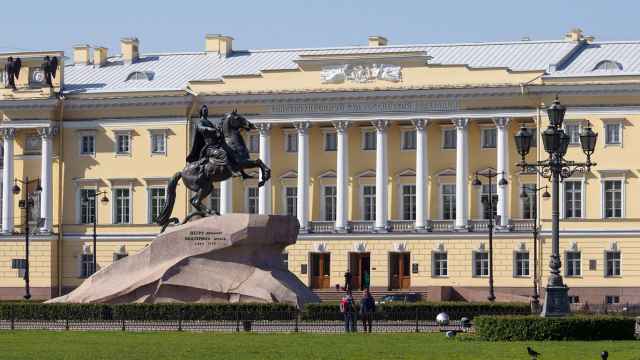Russian lawmakers have passed legislation that will allow authorities to block websites that publish defamatory information against public figures.
A recent report found that Internet censorship in Russia has skyrocketed last year. An average of 244 websites were blocked every day in 2017, while courts handed down prison sentences related to Internet censorship every eight days, the Agora international human rights group said in February.
“Access to Internet resources can be restricted for failure to remove information discrediting the honor, dignity or business reputation of a citizen,” the Duma’s Twitter account wrote after passing the bill in its third reading on Thursday.
Previous iterations of Russia’s information technology law imposed fines on website owners who refused to retract defamatory material.
The Internet libel bill is expected to pass the Federation Council, Russia’s upper house of parliament, and signed into law by President Vladimir Putin.
A Message from The Moscow Times:
Dear readers,
We are facing unprecedented challenges. Russia's Prosecutor General's Office has designated The Moscow Times as an "undesirable" organization, criminalizing our work and putting our staff at risk of prosecution. This follows our earlier unjust labeling as a "foreign agent."
These actions are direct attempts to silence independent journalism in Russia. The authorities claim our work "discredits the decisions of the Russian leadership." We see things differently: we strive to provide accurate, unbiased reporting on Russia.
We, the journalists of The Moscow Times, refuse to be silenced. But to continue our work, we need your help.
Your support, no matter how small, makes a world of difference. If you can, please support us monthly starting from just $2. It's quick to set up, and every contribution makes a significant impact.
By supporting The Moscow Times, you're defending open, independent journalism in the face of repression. Thank you for standing with us.
Remind me later.






